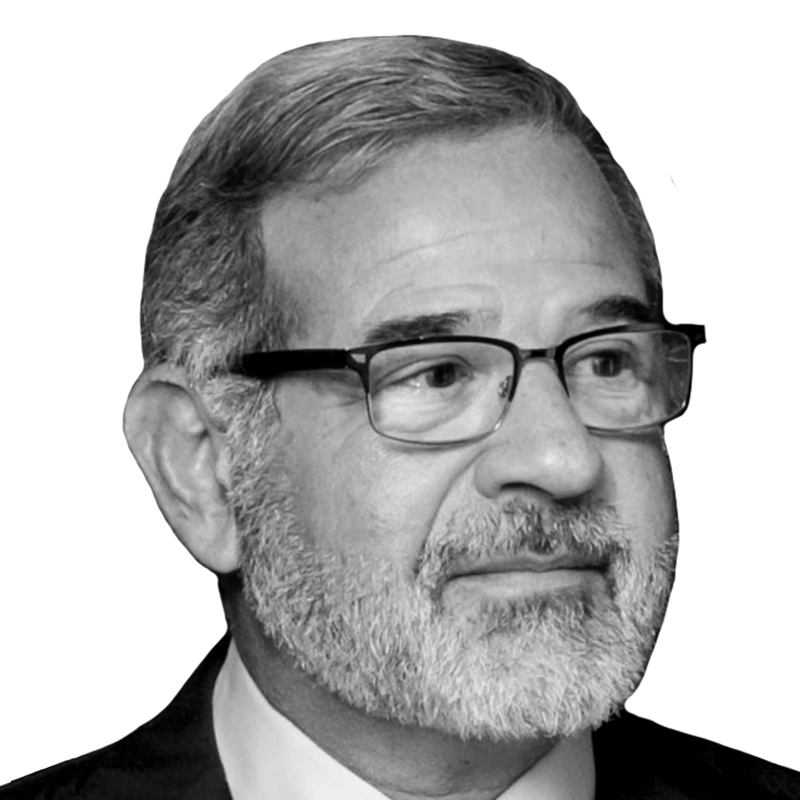Op-Ed: After COVID – 3 things that states can do now to fix health care
PPI visiting fellow Dr. Marcelo Hochman coauthored this op-ed in USA Today to discuss healthcare reform and repealing CON laws.
Policymakers talk about comprehensive health care reform. They see a broken system and want to fix everything at once. Emergency room workers can relate, but they take a more strategic approach when patients arrive with multiple injuries.
Through triage, they prioritize problems and apply isolated but related interventions to save lives. Fixing the health care system can work the same way. COVID-19 has exposed a range of regulatory weaknesses, and lawmakers can do three things to provide immediate relief.
The first step is full repeal of certificate of need (CON) laws and similar measures that persist in 38 states and Washington, D.C. Unlike other types of oversight, these laws do not purport to protect public health and safety.
Instead, states set up CON boards to protect industry insiders from competition. Doctors and other providers cannot open facilities, expand services or purchase major medical equipment without first obtaining a CON, which works like a government permission slip.
How CON laws are not helpful
Many jurisdictions let established providers, who already have a CON, contest new applications. When a rival business tries to enter their turf, they can file a complaint based on potential loss of revenue. The result is something close to veto power to stop outside threats.
The protectionism has continued during the pandemic. Alabama blocked an addiction recovery clinic from offering residential services in November. Rhode Island voted in June to stop new hospice care services.
Other examples abound, although a nationwide survey from the Institute for Justice shows that 25 jurisdictions issued emergency orders to pause CON enforcement when COVID-19 cases spiked. Lawmakers in South Carolina, Alaska, and Maine and are now considering permanent repeal.
If they follow through, they would join California, Texas and 10 other states that ended their CON schemes years ago.Hospital lobbyists predicted chaos without the oversight, but 40 years of data show that CON laws have not achieved a single one of the original objectives. Research shows that access, choice, quality, cost and charity care are all worse in CON regulated states.
The second fix is to end non-compete clauses as a condition of employment for health care providers.
Technically, medical professionals could refuse to sign these agreements, which prevent them from striking out on their own or switching to other employers in the same region. But the industry has made non-compete clauses nearly unavoidable and difficult to contest. Coupled with CON laws, which restrict independent practices and facilities, employed doctors are hamstrung.
Attorneys have it easy in this regard. The American Bar Association deems non-compete clauses unethical and bans them as a condition for employment. Health care systems embrace them instead.
The ultimate losers are patients, who cannot follow their chosen doctors when physicians move to practice medicine beyond the geographic reach of the non-compete clause. The system reshuffles the patients left behind, assigning them to other providers based on corporate convenience rather than consumer choice.
Indigent and rural patients suffer the most, creating a third opportunity for reform.
Hospital systems receive compensation for “total charity medical care,” a mixed bag of pure charity, bad debt, indigent care and undercompensated care. The grants, tax benefits and subsidies for these service are based on obfuscated prices detached from real costs. Ironically, the doctors who actually provide the care do not receive special consideration.
Tax reform could be the cure
The cure would be tax reform, allowing individual physicians—not just their employers—to receive deductions for true charitable care. Sen. Tim Scott, R-South Carolina, introduced the Charity Care Expansion Act of 2015 to do this, but the bill stalled.
Charitable care has plunged since then. Part of the reason is that physicians increasingly lack access to independent facilities where they can do the work.
An American Medical Association survey showed that hospital system employees outnumbered independent physicians for the first time ever in 2018.Many of these employees lack authority to provide pro bono care, even when they want to donate their time, because they are reined in by restrictive covenants.
Policymakers can help by ending CON laws, blocking non-compete clauses and reforming the tax code. Patients would see an immediate increase in affordable options. Entrepreneurial doctors would be able to use their skills in practices of their design. And families in need would gain increased access to traditional charitable care.
Triage requires choices, and these three steps would go a long way to stabilize a broken system.
Marcelo Hochman is a facial plastic surgeon and president of the Charleston County Medical Society in South Carolina. Daryl James is a writer at the Institute for Justice in Arlington, Va.







